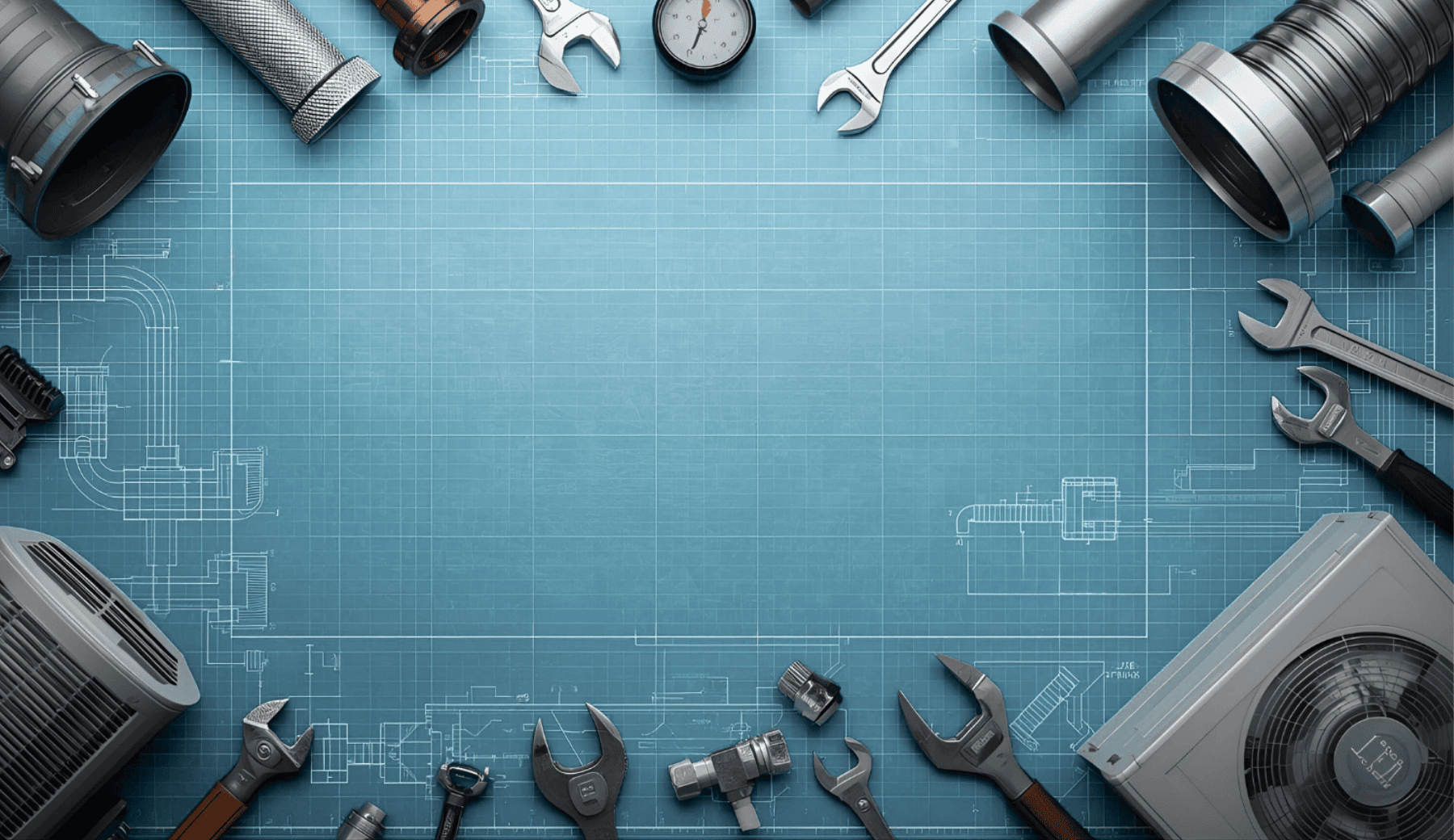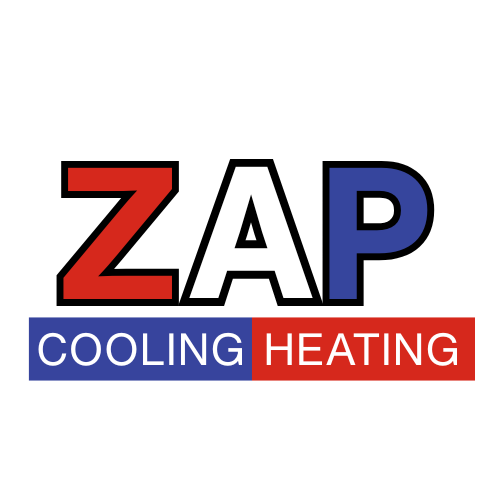
ZAP Knowledge Center
HVAC System Features & Options Explained
Today’s HVAC systems offer far more than just “on” and “off.” Homeowners can choose between single-stage, two-stage, and variable-speed equipment, add zoning for problem areas, use mini-splits for bonus rooms, bring in controlled fresh air, and protect everything with better controls and surge protection.
With so many options, it’s easy to overspend on the wrong feature—or miss out on upgrades that would truly improve comfort and efficiency. This guide answers common questions about modern HVAC features and options so you can decide what makes sense for your North Georgia home.
-
Single-stage systems are either on or off. Two-stage units have a low and high stage. Variable-speed systems can ramp up and down to match the home’s needs.
-
In many homes it is. You get better comfort, quieter operation, and improved humidity control.
-
It is equipment that sends data between indoor and outdoor units and the thermostat for more precise control.
-
Yes. That is a dual fuel system.
-
Tighter and newer homes benefit from controlled fresh air ventilation.
-
Zoning uses multiple dampers and thermostats to control different areas of the home separately.
-
In larger or two-story homes, yes. It can greatly improve comfort and control.
-
A ductless heat pump or AC used for single rooms, additions, or problem areas.
-
Yes. They are very efficient and flexible for targeted heating and cooling.
-
If it is the wrong size, damaged, or very old, it should be replaced.
-
Sometimes, but new systems often work best with a compatible modern thermostat.
-
Case by case depending on your home’s needs.
-
Waiting too long to replace failing systems and trying to band-aid problems instead of fixing the root cause.
-
A Manual J load calculation sizes the system based on your home’s actual needs instead of guesswork.
-
Change filters regularly, keep up with maintenance, and address duct and airflow problems instead of ignoring them.
-
Static pressure is like blood pressure for your ductwork. Too high means the system is struggling to move air.
-
That is usually poor dehumidification from oversized equipment or airflow issues. 50% humidity is the sweet spot.
-
No. Oversizing hurts comfort, humidity control, and can shorten system life.
-
Yes, if they are set up correctly and are compatible.
-
You should never run your system without a filter. It will quickly clog the coil and damage components.
-
On a hot or cold day, longer run times are normal. Very short cycles can mean sizing or control issues.
-
Yes. Surge protection can help protect the control boards during power spikes.
-
Not always, but if you know power surges or lightning are common, extra protection is a good idea.
-
Spring and fall can be easier to schedule and sometimes offer better promotions.
-
Better filtration, duct cleaning, and humidity control can all help reduce allergy triggers.




